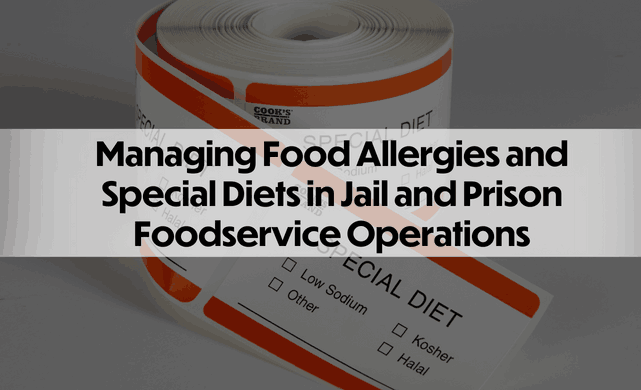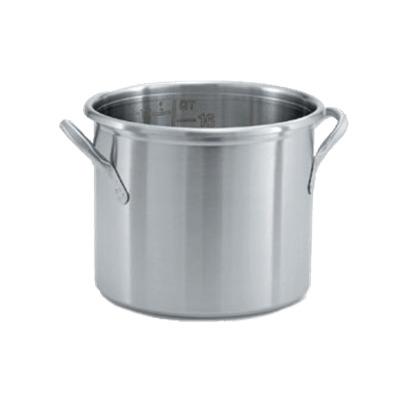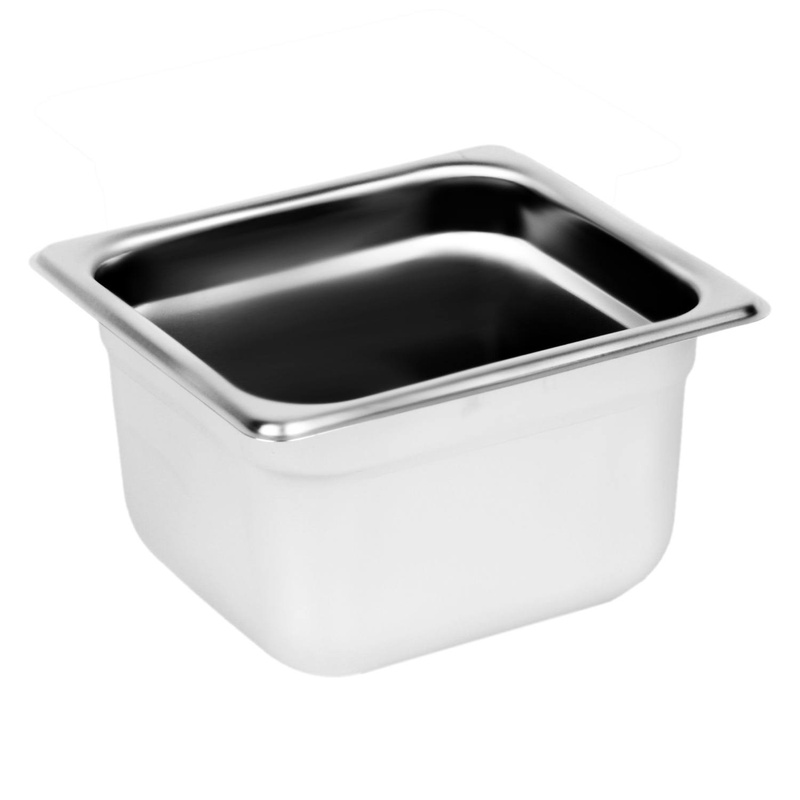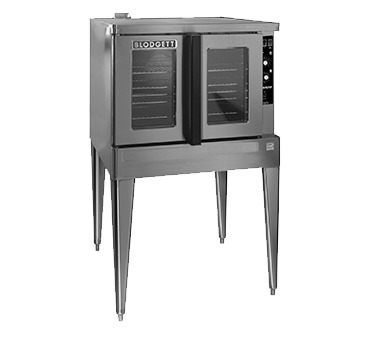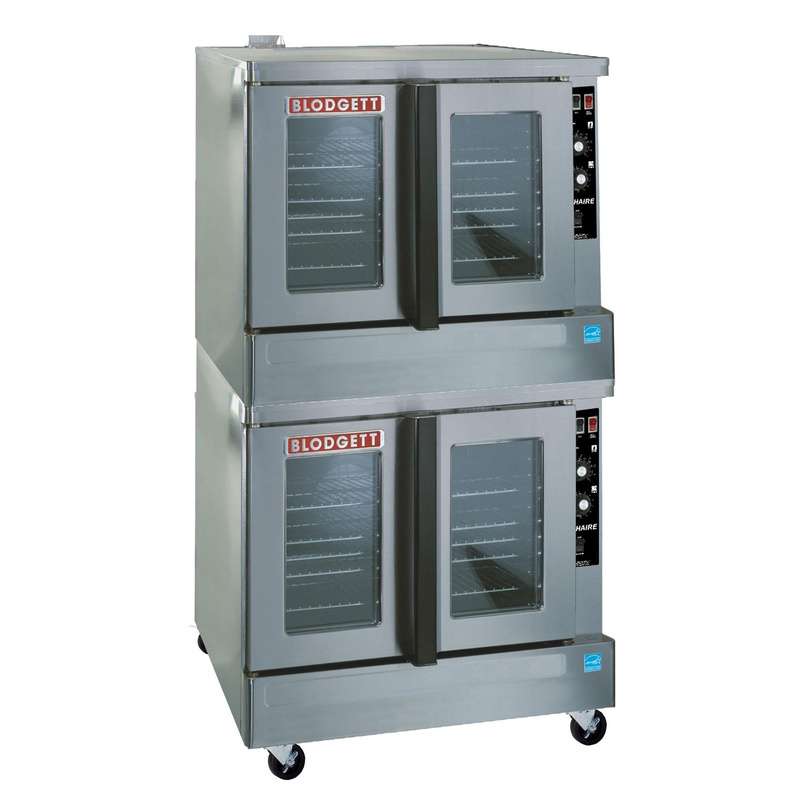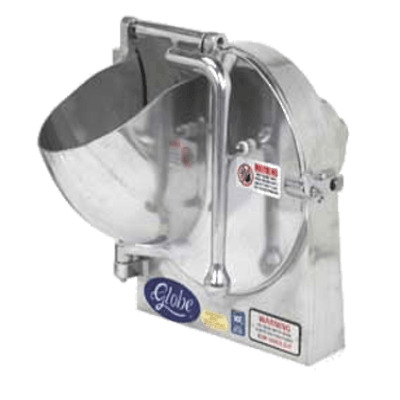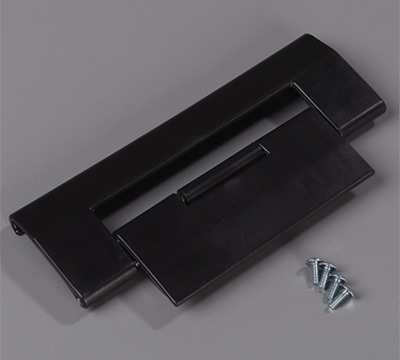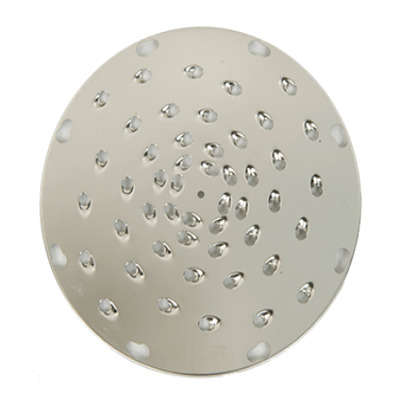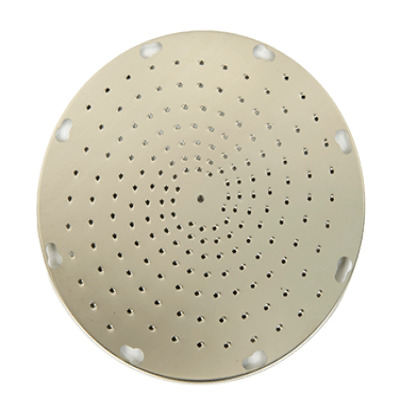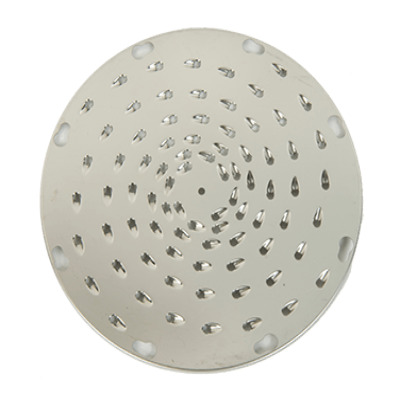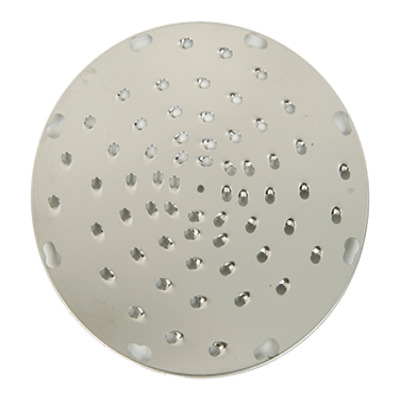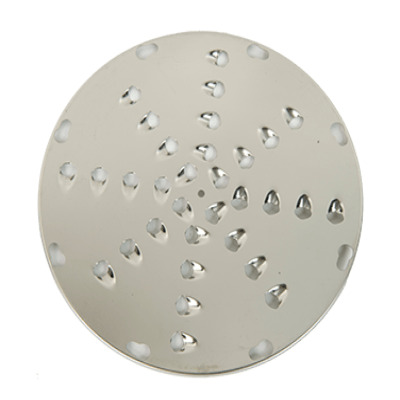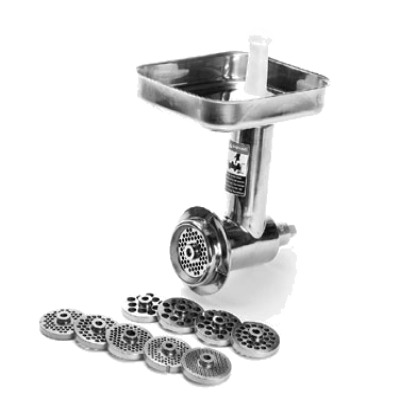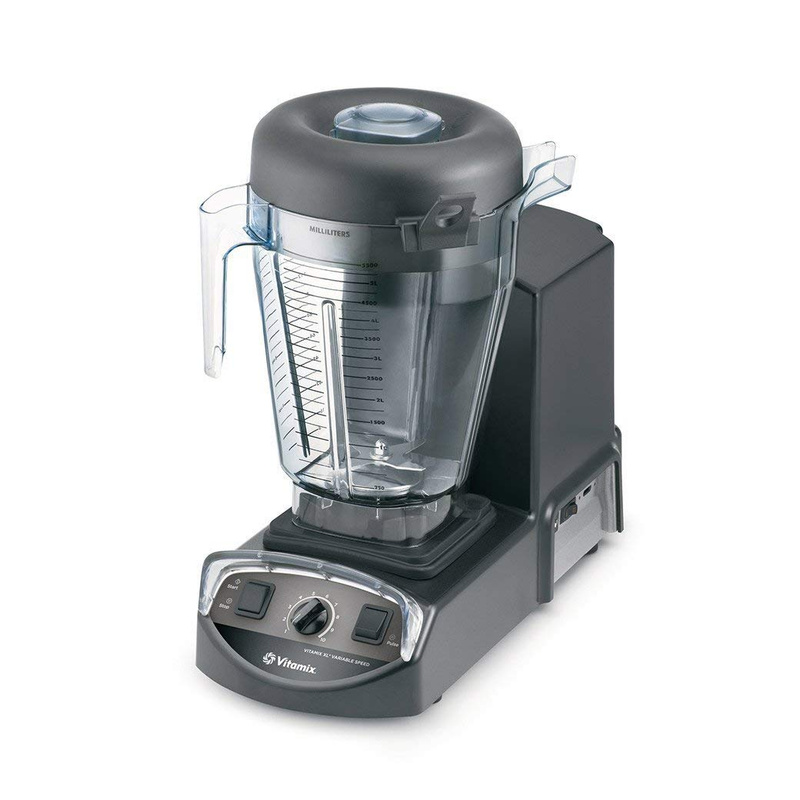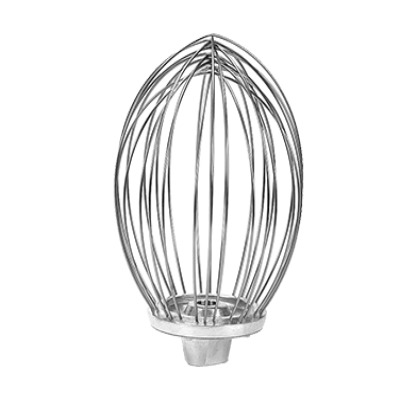Feeding a large, diverse population in a jail or prison setting can present many challenges, one of which is accommodating the dietary needs of inmates with food allergies or special diets. In order to ensure the health and safety of inmates, it is important for jail and prison foodservice operations to have policies and procedures in place for managing food allergies and special diets.
The first step in handling food allergies and special diets is to gather information from inmates about their dietary needs. This information should include details about the specific allergens or special diets they require, as well as any medication or treatments they may need in case of an allergic reaction. This information should be kept on file and easily accessible by foodservice staff.
Once the information has been gathered, jail and prison foodservice operations should work with a registered dietitian to develop menus that meet the dietary needs of inmates while still providing nutritionally adequate meals. This may include offering alternative menu items, such as gluten-free or vegetarian options, and clearly labeling ingredients and allergen information on menus and food labels.
In addition to menu planning, jail and prison foodservice operations should also take steps to minimize cross-contamination in the kitchen and serving areas. This may include using separate cooking and preparation areas for allergen-free meals, as well as using different utensils and equipment for allergen-free meals. Utilizing color coded serving utensils, cutting boards, and meal trays can help separate special diet foods, and further prevent cross-contamination.
Finally, it is important for jail and prison foodservice operations to have procedures in place for responding to an allergic reaction, including having access to medical staff and emergency medications. Inmates with food allergies should also be informed about the risk of cross-contamination and the importance of reporting any symptoms to foodservice staff immediately.
Managing food allergies and special diets in jail and prison foodservice operations requires careful planning and attention to detail. By gathering information, working with a registered dietitian, and taking steps to minimize cross-contamination and respond to allergic reactions, jail and prison foodservice operations can ensure the health and safety of all inmates while still providing nutritionally adequate meals.
